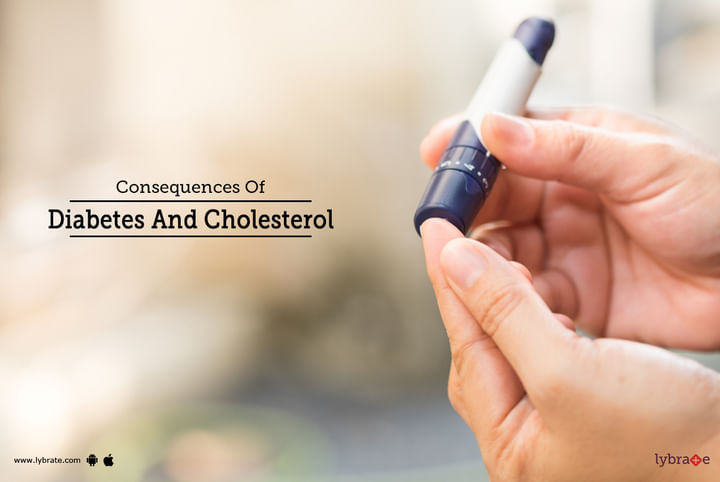Consequences Of Diabetes And Cholesterol
You may have heard your doctor say that you have high cholesterol. However, do you know what it means? Normal cholesterol levels are essential for the proper functioning of your body. It helps in digestion, hormone production and generation of vitamin D. However, higher than normal cholesterol cause a range of health problems.
To get a better idea of how abnormal levels of cholesterol affect your body, here are some things you should know.
Good and bad cholesterol
The most important thing about cholesterol is that it can be both good and bad for the body. High-density lipoproteins (HDL) are good cholesterol, while low-density lipoproteins (LDL) are the bad form of cholesterol. LDL forms plaques in the blood vessels and will restrict the flow of blood in your body. HDL, on the other hand, is good cholesterol because it helps clear the accumulated plaque.
How are diabetes and cholesterol connected?
Diabetes causes a reduction of HDL in the body, which in turn leads to an increase of LDL. Therefore, if you suffer from diabetes, you are more likely to suffer from high cholesterol levels as well. If you do not restrict the sugar levels in your blood, the presence of higher LDL in your blood will block blood vessels and arteries, leading to heart attacks and strokes.
Risk factors for high cholesterol and diabetes
Lifestyle factors contribute to your risk of diabetes and cholesterol. An unhealthy lifestyle and diet can increase your likelihood of suffering from both of these conditions. Here are some risk factors for both of these disorders –
-
Diet rich in saturated and trans fats
-
Insufficient physical activity
-
Smoking
-
Obesity
-
High alcohol consumption
Your high cholesterol levels may also be a result of underlying diseases, such as liver disease, kidney disease, hypothyroidism and others.
How to use diet to keep cholesterol and diabetes in check
If the doctor diagnoses you with diabetes or high cholesterol, you need to make some changes to your daily diet such as:
-
Avoid fried and processed foods, such as chips, burgers and pizzas. These foods provide you with unhealthy fats and carbohydrates.
-
Consume healthy fatty foods like avocado, oily fish, nuts and unprocessed forms of meat.
-
Include fresh vegetables and fruits in your diet. If you suffer from diabetes, ask your doctor about the fruits and vegetables that you can eat.
Following these measures can lower your risk of suffering from high cholesterol and/or blood sugar.


+1.svg)
